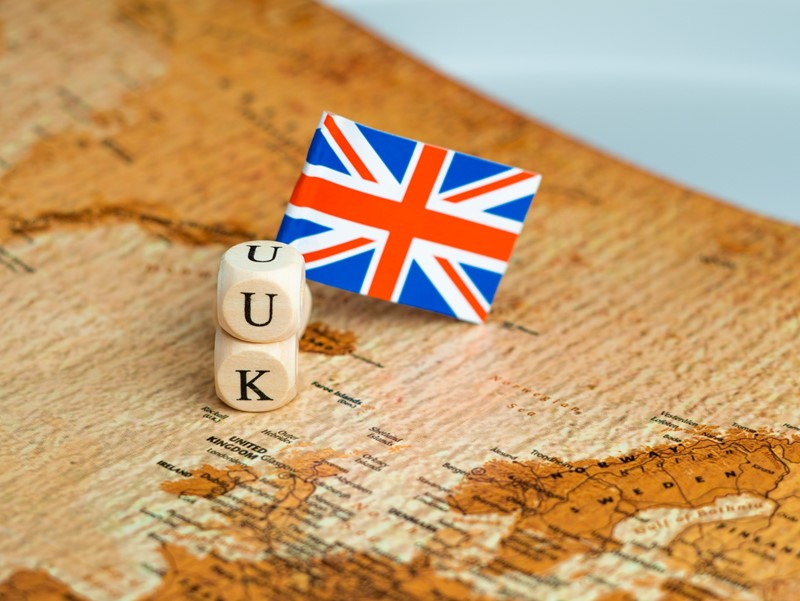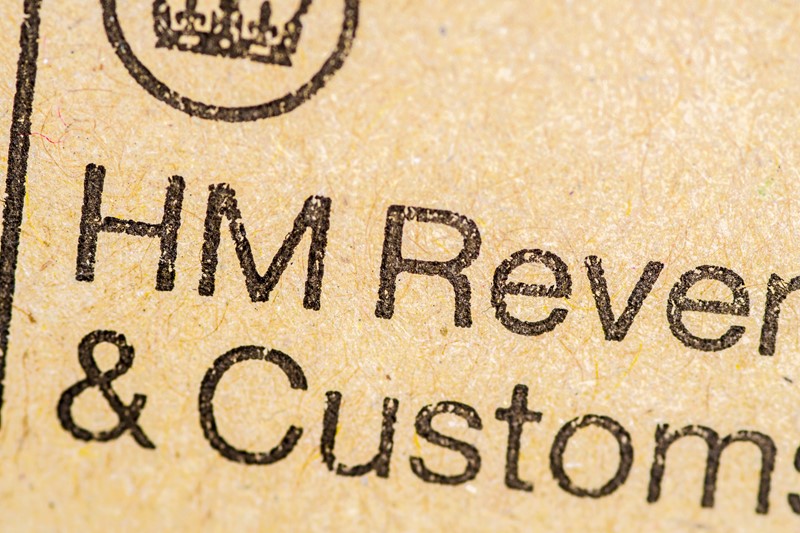There is useful guidance published on GOV.UK that explains the do’s and don’ts for Standard Visitors to the UK. Visitors to the UK who are classed as a ‘Standard Visitor’ are allowed in the UK for tourism, business, study (courses up to 6 months) and other permitted activities.
Permitted activities include the following:
- for tourism, for example on a holiday or vacation;
- to see your family or friends;
- to volunteer for up to 30 days with a registered charity;
- to pass through the UK to another country (‘in transit’);
- for certain business activities, for example attending a meeting or interview;
- for certain paid engagements or events (a ‘permitted paid engagement’) as an expert in your profession, for example to give lectures or perform;
- to take part in a school exchange programme;
- to do a recreational course of up to 30 days, for example a dance course;
- to study, undertake a placement or take an exam;
- as an academic, senior doctor or dentist; or
- for medical reasons.
The following activities are not permitted for a Standard Visitor:
- undertake paid or unpaid work for a UK company or as a self-employed person, unless you are doing a permitted paid engagement or event;
- claim public funds (benefits);
- live in the UK for long periods of time through frequent or successive visits; or
- marry or register a civil partnership or give notice of marriage or civil partnership – you will need to apply for a Marriage Visitor visa.








